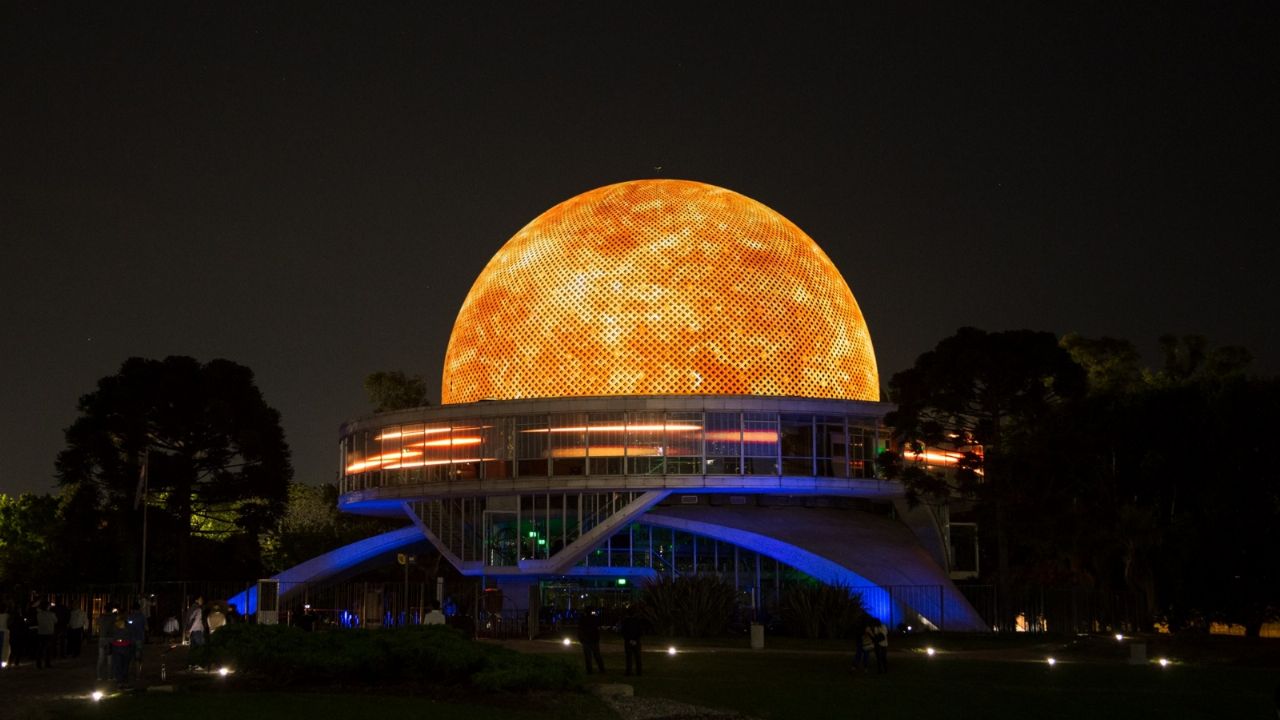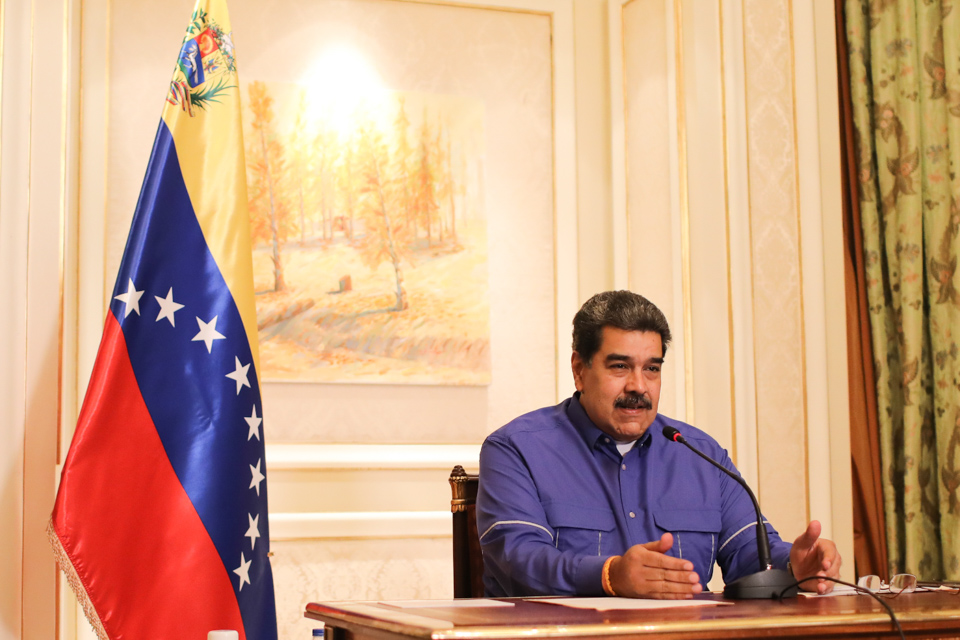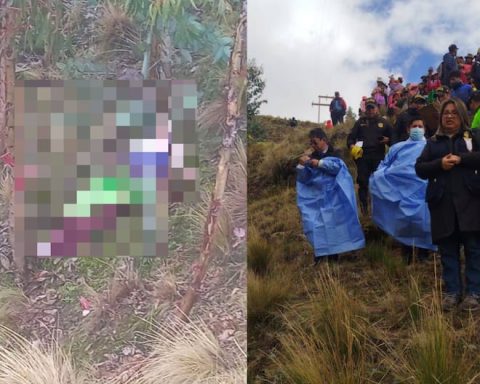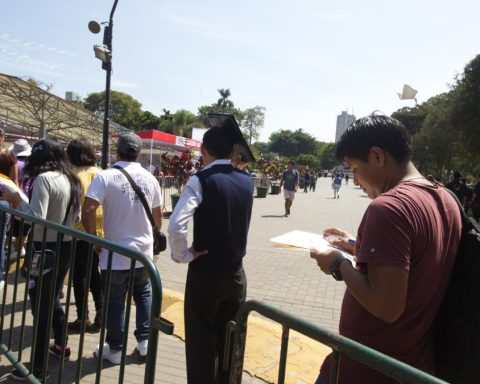This June 13, the Planetary Galileo Galilei, one of the most emblematic places in the City of Buenos Aires, celebrates its 55th anniversary, for which it will have a special program throughout the week.
To attend any of the activities, which will be free, tickets can be reserved through the website of the Planetarythen in the place there will be features with high-quality animations and visualizations.
The main show will be “The Birth of the Earth: Origin and evolution of our planet”, an immersive proposal for the general public with which the Planetary seeks to present the history and evolution of our planet.
“It is about knowing the history and evolution of planet Earth, with the mission of discovering how it was formed after the violent birth of the Solar Systemhow it became an inhabited world and what are the possibilities of finding other similar worlds,” said the directors of the place in a press release.

This function will be presented on June 14, 15 and 16 at 5:00 p.m. In addition, throughout the week, free guided tours of the building, the Astronomical Plaza and the Museum can be made on June 17, 18 and 19 at 10:30 and 11:30.
The new edition of the popular science magazine “Si Muove” will also be launched and some master classes will be presented, which can be followed live through the social networks of the Planetary.

To celebrate these 55 years in style, recently, in this Buenos Aires icon, all the lighting of its dome was renewed, which is 20 meters in diameter and is covered by 960 prefabricated concrete panels, which allows to project about 8,900 fixed stars, constellations and nebulae.
What is the history of the Planetarium
With the aim of promoting the dissemination of astronomical science through educational shows for the general public, this spacevisited by hundreds of tourists and locals, was built in 1962 and, later, on June 13, 1967 it performed its first function.

Since then, this place receives more than 400 thousand people a year, who are offered a unique immersive experience to bring science and astronomy closer to all viewers.


















